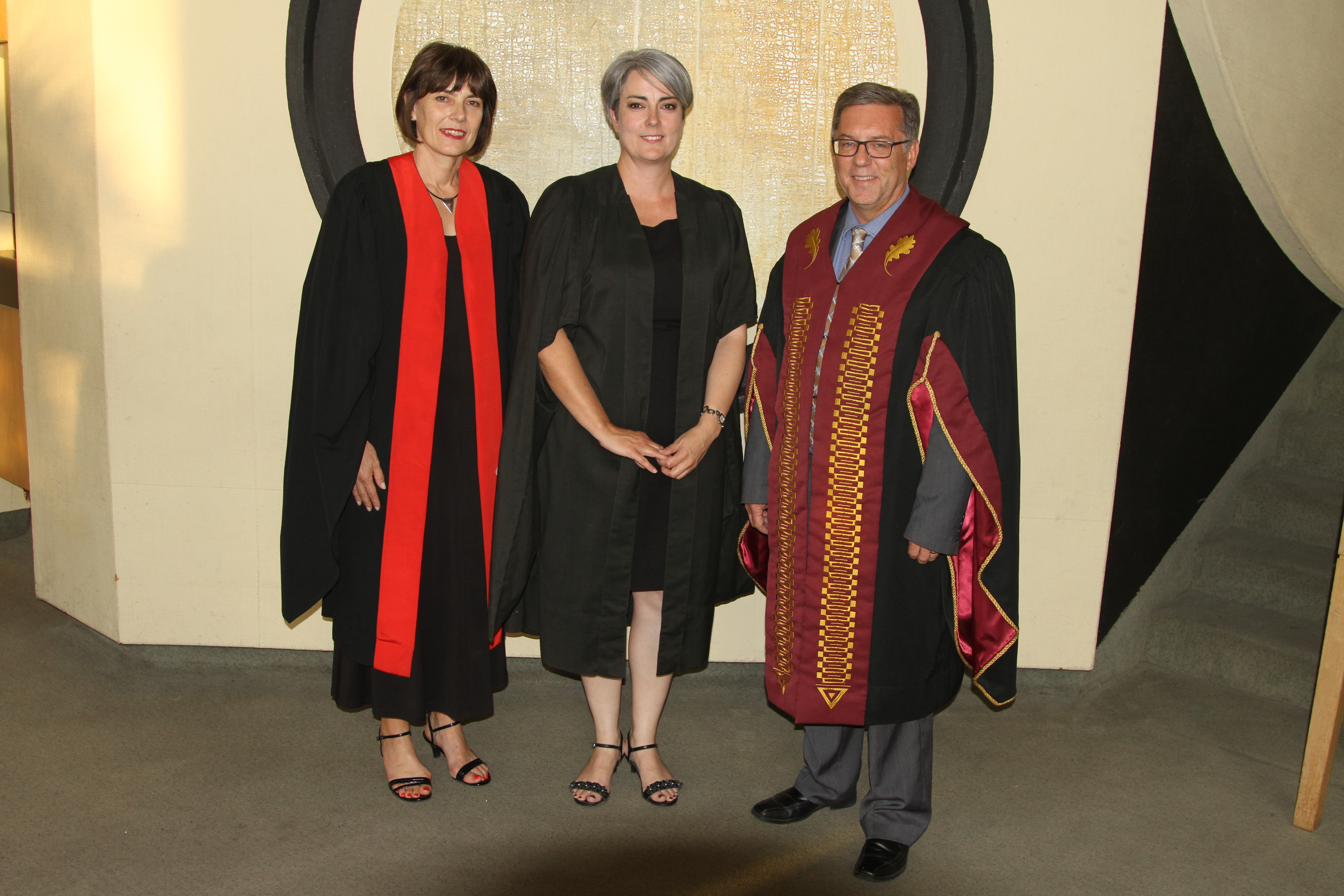The world needs more scientists who can classify the vast number of microorganisms, such as fungi, into classes, families and species according to their characteristics.
This was one of the viewpoints of Prof Karin Jacobs of the Department of Microbiology at Stellenbosch University (SU) in her inaugural lecture in the SU Conservatoire on Tuesday (25 April).
Jacobs said one of the cornerstones of good science is the ability to correctly classify organisms and molecules and that taxonomy - the practice and science of classification - is crucial in the mapping and documenting of all biodiversity.
"Good taxonomy allows scientists to accurately communicate information about a group of one or more populations of an organism or organisms and aids in the identification and description of species."
"It makes the study of millions of organisms easier and enables us to understand the behaviours and relationships."
Despite the importance of identifying and classifying organisms, Jacobs said taxonomy is not considered to be a critical area wherein scientists need to be trained.
"What makes it more difficult, is that it takes a long time to be trained as a taxonomist and several years of experience to become an expert in the field."
"Many taxonomy posts at institutes around the world are being cut because of funding restraints and a lack of trained people. This is particularly worrying as much of the global diversity has not been recorded or documented."
To illustrate the value of taxonomy, Jacobs talked about the classification of the vast number of fungi that silently turn our garbage into compost, rot the fallen trees in a forest and churn the nutrient cycles that life depends upon. She added that there are many fungi that still wait to be discovered.
She argued that since fungi are responsible for everyday consumables such as yogurt, cheese and beer, but also for spoiling our food and crops and growing on our bodies, we need to know more about them.
Highlighting the task at hand Jacobs said "if one considers that the taxonomy community describes on average about 1 200 species per year, it would take around another 1 000 years just to find and document all existing fungal species, assuming no evolution."
"The long haul towards a public database with fungal barcodes is still in progress, and will be for some time."
There is the need to expand on projects to survey and characterise the fungal biodiversity of this country, Jacobs said.
- Photo 1: Pixabay
- Photo 2: Prof Karin Jacobs (middle) with Proff Louise Warnich, Dean of the Faculty of Science, and Eugene Cloete, Vice-Rector: Research, Innovation and Postgraduate Studies, at the inaugural lecture. Photographer: Justin Alberts.

